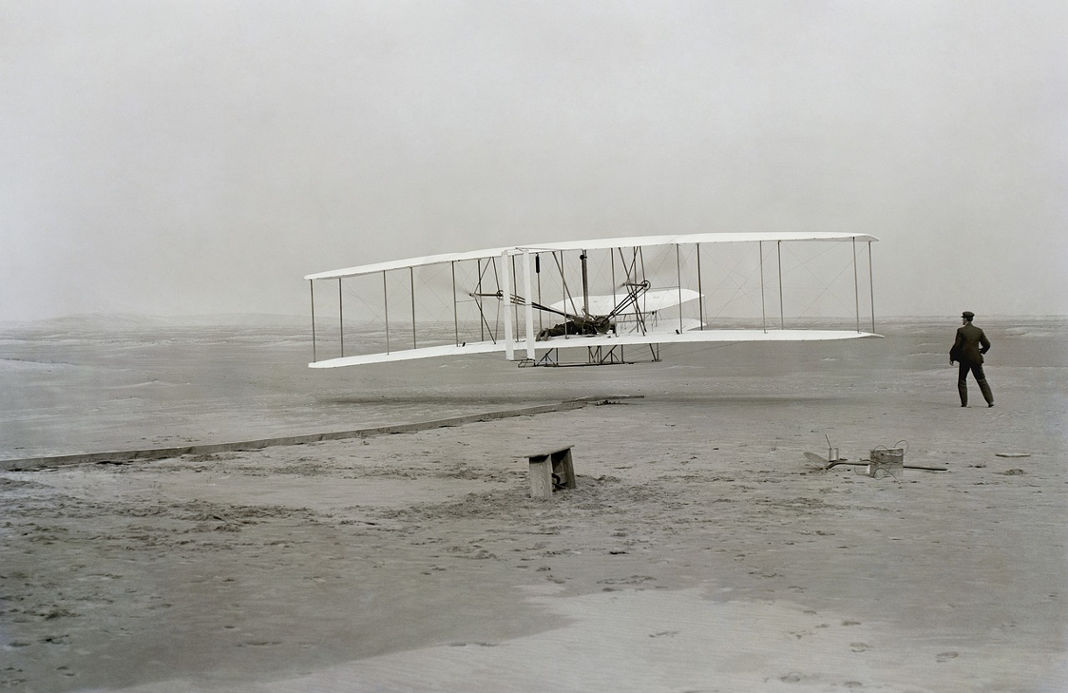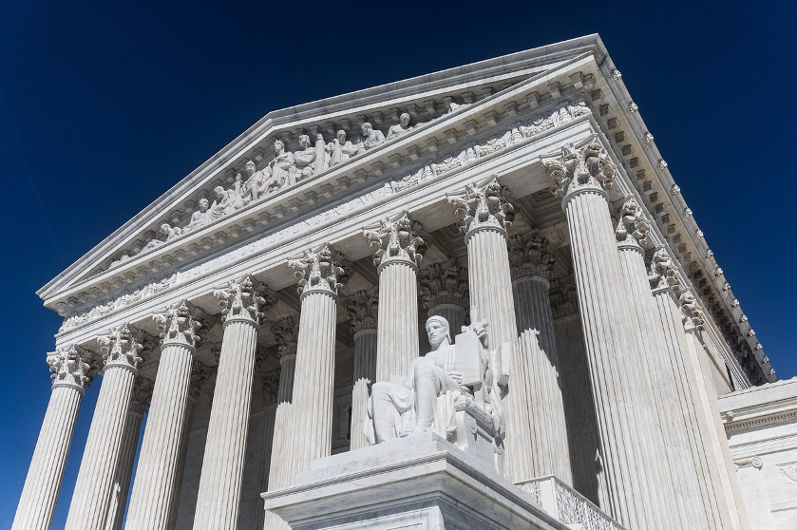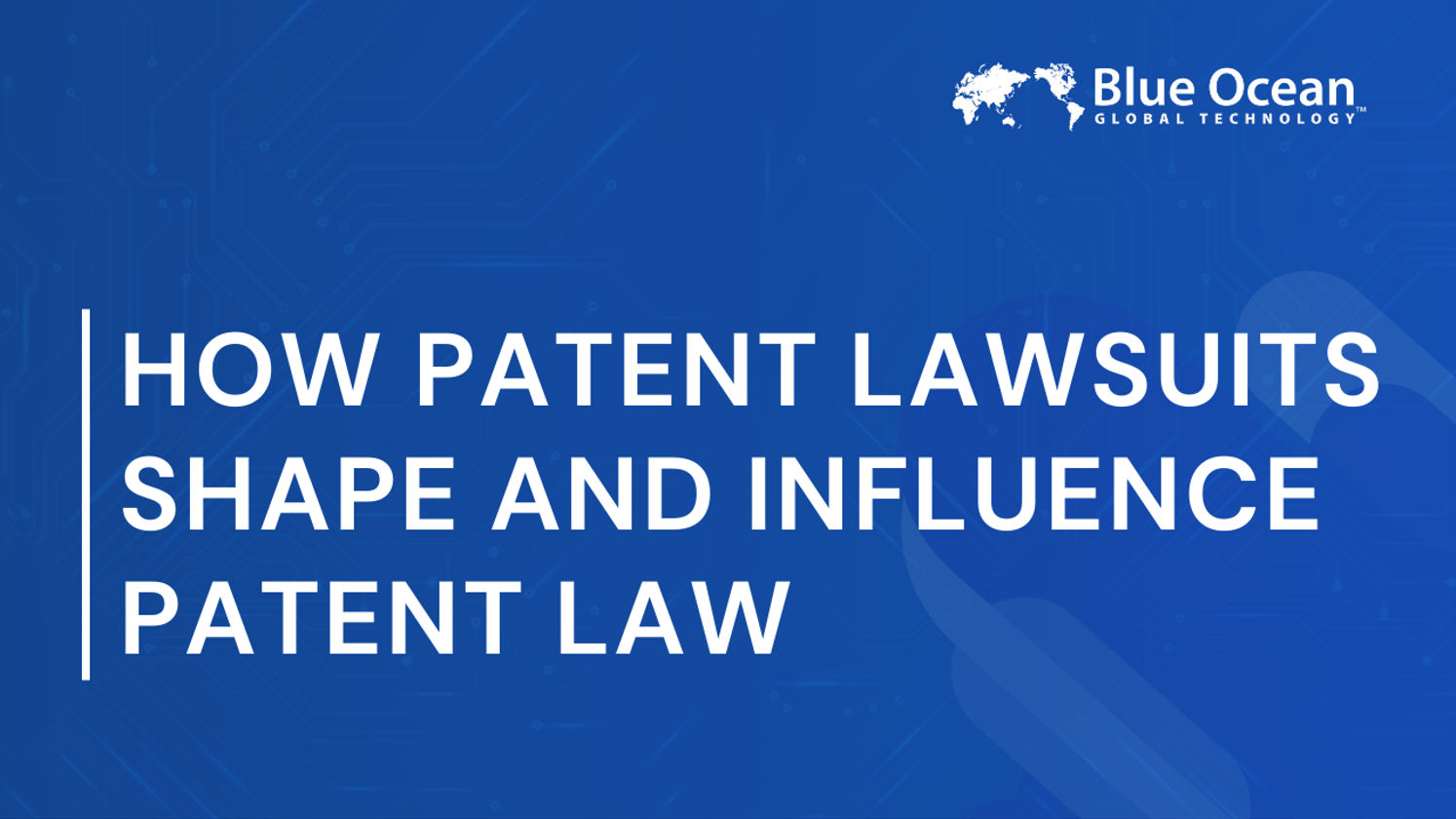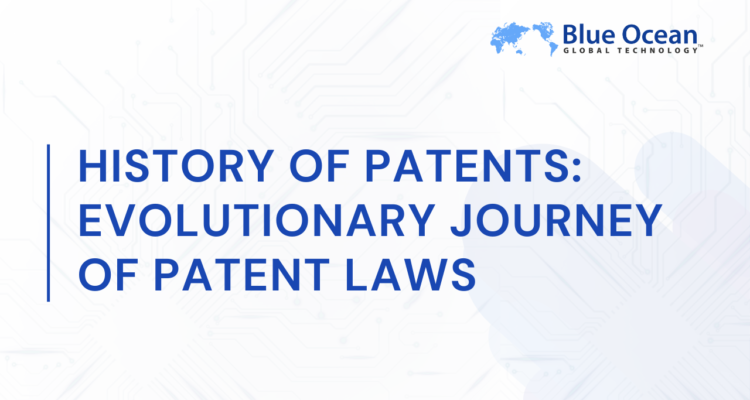Introduction
Patents grant inventors exclusive rights to their inventions for a specified period. These patents also prevent others from replicating or using inventions without permission. To protect their patents and inventions, patent holders may file patent lawsuits against infringing groups or individuals. Patent lawsuits have existed as long as patents, and have helped shape patent law into what it is today.
The Beginnings of Patent Law
History of Patents
The history of patents dates back to 1421 when the first patent was issued in the Republic of Venice. It was later codified in the Venetian Statute of 1474. Before then, Venice’s patent laws required applicants to display their new inventions to the Venetian government for their patent. Modern patent law truly came into being in England in the 18th century, partially facilitating the industrial revolution.

Court cases shape how laws are interpreted, and patent litigation is no exception. Early US patent lawsuits that shaped patent law included the Wright Brothers’ patent war and the Le Roy v. Tatham case. These lawsuits changed how patent law and infringement were interpreted, and they created new concepts in patent law.
Modern Patent Law
Modern patent law, for the most part, hasn’t changed much since the Venetian Statute of 1474. However, patent law has spread around the world since then and slowly evolved into what it is today. The Industrial Revolution helped modernize patent law—with inventions being created in a short period. Britain’s patent system proved to be inefficient and unable to handle the sheer volume of new patent applications. Britain’s Patent Law Amendment Act of 1852 remedied this problem by reducing application fees and simplifying the patent process.
Patent Trolling
A patent troll is a person or company that files frivolous patent lawsuits against companies to make money. Patent trolls often do not make their patented items—they obtain patents for everyday activities, for example. They send letters to potential “infringers,” demanding that the infringers pay for a license under the threat of a suit.
James Watt and William Murdoch
One of the earliest patent trolls was James Watt, the steam engine inventor. William Murdoch, a Scottish inventor, and partner in Boulton and Watt. Murdoch designed a steam-powered carriage, which Watt disapproved of. Murdoch created a prototype and intended to patent it, but Matthew Boulton convinced him not to because of Watt’s stance. Watt had no intention of producing steam carriages and was in fact against the very idea. Watt and Boulton stopped Murdoch from using Watt’s steam engine because Watt wanted to control his invention.
The Wright Brothers and Patent Trolling
The Wright Brothers elevated patent trolling to a science: they patented aircraft steering controls. Their patent included wing warping (a concept used in their airplanes) and other methods of controlling aircraft, including ailerons.

They sued inventor Glenn Curtiss and other aviators over aircraft controls. Curtiss and others used ailerons to control their aircraft, which the Wright Brothers held a patent for. But the Wright Brothers never used ailerons in their aircraft. The Wright Brothers’ patent trolling stunted aircraft innovation in America, and as a result, Europe’s aircraft soon eclipsed America’s.
Patent Lawsuits Change Patent Law
Like all court cases, patent lawsuits have shaped how patent law is interpreted. There have been significant lawsuits throughout history that have shaped patent law, leading to our modern patent law interpretation.

Le Roy v. Tatham
In this 1853 Supreme Court case, plaintiffs claimed defendants had infringed their patent for manufacturing lead pipe. After hearing the case, the Supreme Court ruled in the defendant’s favor. They ruled that concepts and processes could not be patented. The machines that used novel concepts and processes, on the other hand, could be patented.
Alcatel-Lucent’s MP3 patents
In 2007, Alcatel-Lucent sued Microsoft over mp3 use. They alleged that the way/METHOD that Microsoft’s Windows Media Player played mp3 miles infringed on one of their mp3 patents. Microsoft licensed mp3 from Fraunhofer Institute, a German research group that was part of the mp3 format’s creation.
The judge awarded Alcatel-Lucent $1.52 billion, but the judge later reversed the decision. The judge reversed the decision as Fraunhofer, co-owner of the patent, did not join Alcatel-Lucent in the litigation.
Northwestern University Sues Moderna Over COVID-19 Vaccines
In October 2024, Northwestern University filed a patent lawsuit against Moderna over its Covid-19 vaccine. Northwestern University claimed that Moderna used the university’s innovations to develop its COVID-19 vaccine. They allege that Moderna used their lipid nanoparticle (LNP) technology without a license.
Note: as of this article’s publication date, Northwestern University’s case has not been resolved.
Is Someone Accusing You of Patent Infringement?
If someone has notified you that you are infringing on their patent, contact us. We can help you understand what is going on and guide you through your next steps.
Conclusion
Patent lawsuits have shaped patent laws across the world and have indirectly impacted inventions across human history. They created the modern patent system, enabling inventors to have control over their inventions. Furthermore, allowing them to receive financial benefits from their patents. Without the protections of patents, inventors such as Thomas Edison wouldn’t have had enough money to create so many new inventions. Patent lawsuits are still filed today, and they will continue to shape patent laws.
Frequently Asked Questions
1. Does patent trolling still happen today?
Yes. Studies estimate that 30% to 40% of all patents are either low quality or invalid. Regulators are constantly enacting restrictions and regulations to cut down on patent trolls and their lawsuits.
2. What are the results of patent lawsuits?
If the defendant loses the case, they pay a fine and must cease their infringing activities.
3. Do all patent lawsuits go to court?
No. Sometimes, patent lawsuits that are so obviously unsubstantiated and frivolous are dismissed by courts and do not go to trial.
Get Advice About a Possible Patent Infringement
Do you think that someone has infringed on your patent? Contact us for expert advice on how to proceed.













Comments are closed.